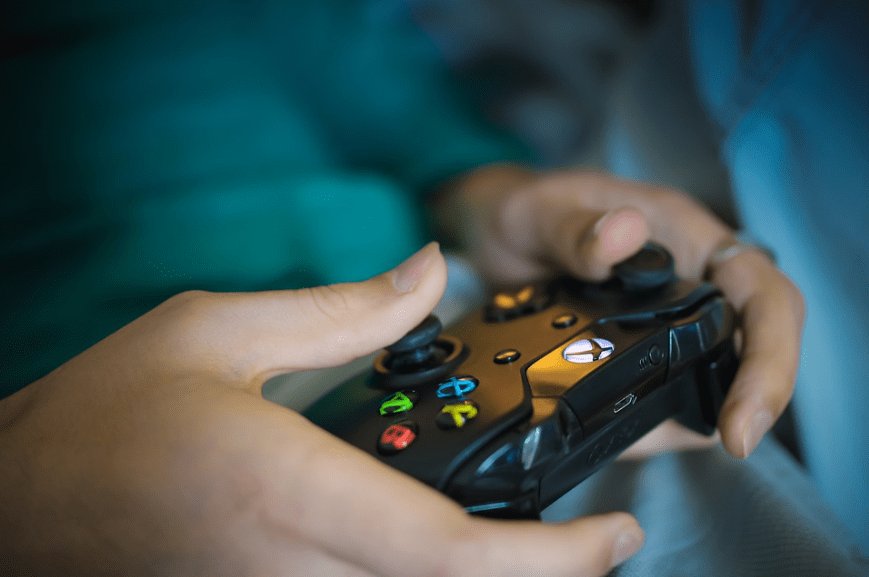Video games are usually associated with deviant behavior, little to no social interactions, bad grades, and a lack of physical activity. While these games themselves are not inherently wrong, playing in excess without signs of stopping any time soon may lead to undesirable consequences.
Thus, the question of how to get your child off of video gaming arises: As a parent, how can you detox your child’s game addiction?
Start your child’s online game detox by performing the following methods:
- Understand how video games affect your child
- Be on the same page as your child and establish rapport with them
- Create and carry out a strategy to slowly disengage your child from video games
Effects of Video Games on Your Child
To know how you can detox your video game-addicted child, you must understand why they play them. There are different ways that video games affect your child’s brain:
1. Dopamine Depletion
Dopamine is the brain’s controller of our feelings of pleasure. When children play video games, dopamine gets released into the brain’s pleasure center. When your child enjoys playing, their brain continuously releases random bursts of dopamine now and then.
However, as time passes, the child’s brain becomes used to a certain dopamine level, and the game ceases to be as fun as it was before. They will feel the need to play more games to feel as much fun as they did at the beginning.
2. Triumph Circuit
When engaging in a challenge and receiving something out of it, the triumph circuit gets activated. Playing video games can trigger the triumph circuit within our control.
According to studies, children like mastery and challenges. This reveals why they’re drawn to video games and get absorbed into them. However, they can grow reliant on these games to feel challenged.
3. Negative Suppression of Emotion
The amygdala is what governs our emotions of negativity. It’s activated every time we experience anger, frustration, shame, fear, sadness, and more. However, studies show that when playing games during amygdala activity, it soothes down. Meaning, video games repress negative emotions, making them an excellent coping mechanism for children undergoing tough times.
Be on the Same Team As Your Child
As a parent, the most important thing to do is to be on the same page as your child. Take time to know what kind of games they play and find answers to why they enjoy them. Over time, you should establish rapport with your child.
Once they don’t feel defensive and get comfortable with your presence during games, ask them basic questions about what they’re playing. Your goal should be to understand what and why they enjoy. If they can’t instantly give you answers, it’s okay. Don’t put pressure on them.
Implement a Strategy for Your Child’s Video Game Detox
It’s essential to have a strategy when your goal is to detox your child from their video game addiction. As a parent, it’s imperative to recognize that there are numerous reasons for them not playing less. Be patient when you carry out your plan. Take it slow.
Here is an example of a strategy you can slowly apply over some time to
dissuade your child from playing video games:
- Sit by their side when they’re playing and cheer for them. Let yourself be curious about what your child is playing.
- Play a game with them. Have your child teach you how to play one of their favorite games and try it. With this, you’re showing your child that you’re willing to be open-minded and try new things. You’ll receive better chances of your child listening to your ideas when you display your willingness to understand these games’ appeal.
- Ask your child about the challenges they might be experiencing and try to understand their feelings. Video games can be their way of coping, so it’s good to try and figure out what they’re dealing with.
- Suggest other coping mechanisms for your child to try outside of video games. Once they’re able to, recommend a pause from video games. Start small, and over the following months, see if your child can go for a long time without gaming.
- Introduce your child to activities that can be as enjoyable as video games. Again, start small such as playing outdoors for 10 minutes. Some children like safe high-adrenaline activities, martial arts, or groups, clubs, and events that give them a challenge.
- Congratulate your child’s progress once in a while. Give them support when they decide to do something different from gaming.
- Practice patience. Understand that changes don’t immediately take effect in just one day, week, or even a month.
What You Should Not Do
Refrain from taking “tiger-mom” measures to keep your child from playing video games. These methods are aggressive and will only drive your child somewhere with less strict controls.
Respect and cooperation should be your first choice. The best way to keep children from their video game addiction is to have them see the consequences and decide for themselves.


